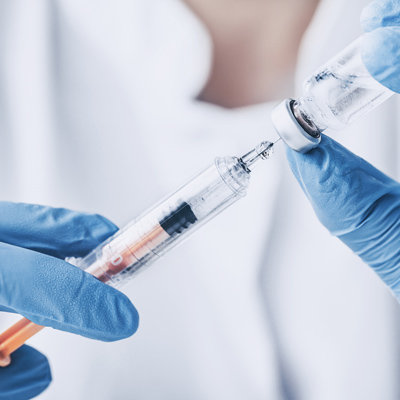Every fortnight, The Medical Republic sifts through the leading medical journals and picks a few favourites. Here's what we found
Every fortnight, The Medical Republic sifts through the leading medical journals and picks a few favourites. Here’s what we found:

It’s OK to use deodorant
Contrary to prevailing wisdom, women can safely use antiperspirants during radiotherapy for breast cancer, research by the University of Pennsylvania has found.
Antiperspirants have been proscribed during breast radiation for fear of increasing skin toxicity in the axillary region through a bolus effect, or from electron scatter from aluminium, the active ingredient in many antiperspirants.
Using optically stimulated luminescent dosimeters to measure the amount of surface radiation absorbed, the researchers placed three squares of paper – a plain one, another with a thick coating of standard antiperspirant and a third with a thick coating of extra-strength antiperspirant – within the radiation beam’s path.
“We found no significant difference in surface dose with or without antiperspirant,” the authors said.

Injectable option for HIV?
A long-acting antiretroviral injection could prove as effective as daily oral doses of the same medications for treating HIV, a clinical trial has found.
The study, involving more than 300 mainly male participants, trialled the injection containing two drugs, cabotegravir and rilpivirine, which have been used in HIV treatments as oral medications. Researchers found that over the 96-week trial, the injectable treatment appeared to be as effective as daily administration of the same drugs in oral form.
“Adherence to medication remains an important challenge in HIV treatment. Long-acting injectable antiretrovirals could provide some patients with a more convenient approach to manage HIV infection,” the study’s lead author said.

On-demand PrEP effective
On demand pre-exposure prophylaxis (PrEP) to prevent HIV infection is highly effective in men who have infrequent sex with men, a study has found.
Researchers said participants who took fewer than 15 tablets a month – but took one each time they had sex – showed no new HIV infections, compared with six in the placebo arm. The median number of tablets taken each month was 9.5, with a median of five sexual intercourse encounters.
The findings complement research published recently in the Lancet which found on-demand PrEP reduced the incidence of HIV infection in men, and transgender women who have sex with men, by 97%.

Depression a long-term risk
Cardiovascular patients who develop depression are twice as likely to die compared with their non-depressed peers, even if the depression sets in years after the heart disease diagnosis.
The finding emphasised the need for continued, long-term depression screening in heart disease patients, the study, which investigated 24,000 adults with coronary artery disease, said.
“After one year, it doesn’t mean they’re out of the woods. It should be ongoing, just like we keep measuring things like LDL cholesterol,” the study’s lead author Dr Heidi May said.
“Depression was the strongest risk factor for dying, compared to any other risk factors we evaluated.”
Eur Heart J; online 28 July


